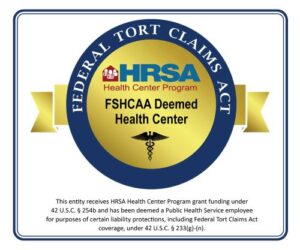
National Men’s Health Month is celebrated in June. This month aims to foster well-being and awareness of preventable health issues affecting men. The objective is to empower men to actively manage their health and lead longer, more gratifying lives by prioritizing preventive healthcare, healthy eating, and regular exercise. Symbolized by a blue ribbon, this month serves as a reminder to support men in adopting healthy habits and safeguarding against diseases like cancer, heart disease, and depression.
Men’s Health Month holds tremendous significance because men face unique health challenges and generally have a shorter life expectancy than women. Health conditions affecting men can be prevented through regular check-ups and a healthy lifestyle. Unfortunately, many surveys have revealed that many men, particularly men of color, do not undergo regular health screenings. Additionally, men tend to have lower health literacy levels compared to women. Men’s health statistics also indicate their higher susceptibility to risky behaviors and the impact of conditions like cancer, heart disease, diabetes, and suicide.
The primary goal of Men’s Health Month is to change these statistics by emphasizing prevention. Men should prioritize their health by selecting a primary care provider, scheduling regular visits, and undergoing appropriate screening tests based on age and family history. Adopting a healthy diet is crucial in preventing and managing chronic conditions.
During Men’s Health Month, men can take several steps to improve their well-being:
Improve your diet
Make positive changes to your eating habits, such as reducing alcohol consumption and increasing the intake of healthy, fermented foods.
Establish achievable goals
Evaluate your current health status and set realistic goals, whether weight loss, muscle gain, or incorporating more vegetables into your diet. Collaborate with a healthcare professional to create a personalized plan.
Educate yourself
Learn about common health issues that affect men and discover preventive measures. The Centers for Disease Control and Prevention provides up-to-date information on men’s health on their website.
Greater Family Health is here for all men. Schedule your appointment or learn more about our services by calling 844.599.3700 or visiting GreaterFamilyHealth.org.







